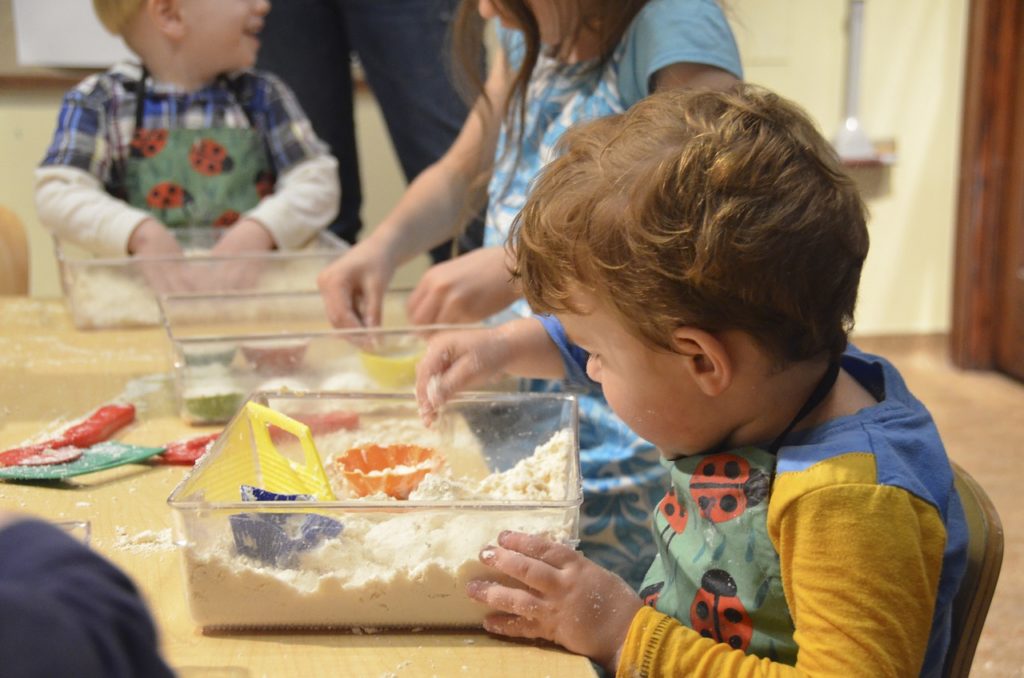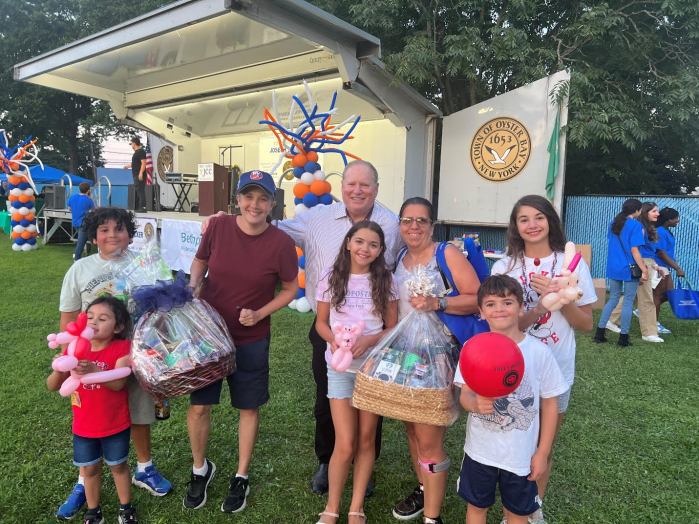 Research has shown that children with autism benefit from social interaction with their neurotypical peers. One of the many benefits of developing after school inclusion programs is that they can help to foster social skills and emotional sensitivity among children with and without autism. Despite this positive result, finding an appropriate integrated after school activity for your child can be a challenging experience.
Research has shown that children with autism benefit from social interaction with their neurotypical peers. One of the many benefits of developing after school inclusion programs is that they can help to foster social skills and emotional sensitivity among children with and without autism. Despite this positive result, finding an appropriate integrated after school activity for your child can be a challenging experience.
This seemingly straightforward endeavor can turn into a week of phone calls across the county. After all, shouldn’t an integrated after school class with a reasonable pace, class size and informed instructors exist? Surprisingly, many after school programs don’t offer this type of setting and some after school programs might even tell you that their classes aren’t “appropriate” for your child—a heart sinking experience for any parent.
Along with growing awareness, diagnosis and treatment of children with autism, consulting groups have slowly been established. The goal of these consultants is to educate existing providers. In fact, consulting groups can help after school programs make the necessary adaptations to allow all children to participate alongside their peers. For education and training on inclusion of children who are on the autism spectrum, businesses can contact the Autism Speaks Autism Response Team at 888-autism2 (288-4762) or email familyservices@autismspeaks.org.
Likewise, Autism Friendly Spaces (AFS; autismfriendlyspaces.org) works with businesses to train staff, as well as to adapt the physical environment to accommodate individuals with autism. AFS works with a range of organizations and businesses (e.g., theatre programs, hair salons and doctors’ offices). Although these programs exist, many businesses are not aware of them. Businesses also may not realize that they don’t have to make big changes to their current programs or turn away families.
Parents can help to promote and create after school inclusion programs by informing businesses that they can access consultants who can provide the necessary education and training. The next time you call your local art, theatre, karate or sports center and they suggest that opportunities for your child are not available, you can refer them to the appropriate resources.
Alison Gilbert, PhD., is a licensed clinical psychologist. She is currently a clinical assistant professor at Hofstra Northwell School of Medicine with a certificate in autism spectrum disorders from U.C. Davis.

































